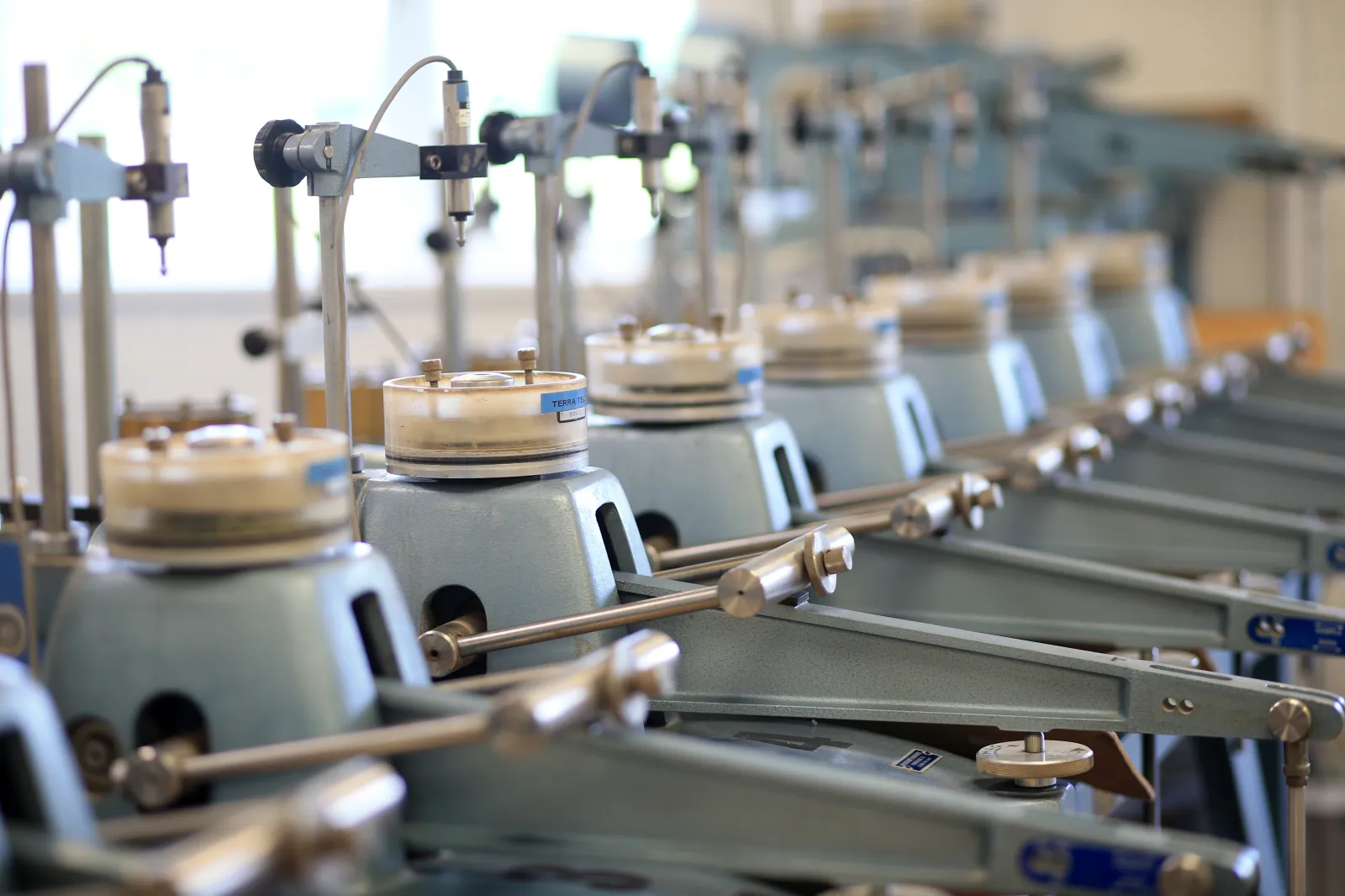
Compaction
At Igne we offer a comprehensive range of compaction-related geotechnical test services to help you understand the properties of your soil and make informed decisions about your construction project.
WHY IGNE?
Why Choose Igne for Your testing Needs?
Igne is a leading provider of geotechnical engineering and testing services. We have teams of experienced and qualified engineers and technicians who use the latest equipment and technology to provide our clients with accurate and reliable results. We are committed to providing our clients with the highest quality services possible, and we are proud to have a reputation for excellence in the industry.
BENEFITS
Benefits of our compaction-related testing services
• Improved understanding of your soil: Our services can help you to better understand the properties of your soil, including comparisons to specific conditions of your on-site materials.
• Reduced risk of failure: Our services can help you to identify and mitigate potential risks of failure.
• Optimised design: Our services can help you to optimise the design of your structures. For example, we can help you to determine the optimal foundation type and depth for your building. This can help you to save money on construction costs and improve the long-term performance of your structure.
Dry density / moisture content relationship
Dry density / moisture content relationship or MDD/OMC is to find out the maximum dry density of a material using a standard compactive effort. This maximum dry density (MDD) occurs at the optimum moisture content (OMC). This is called the dry density/moisture content relationship. This is particularly useful when used in conjunction with earthworks projects and enables the on-site densities to be compared to the lab maximums.
Moisture Condition Value
The test is essentially a strength test and is used to determine the amount of compactive effort required to achieve full compaction. The MCV test gives a good indication of the soils workability and reduces the chances of a failure of material. In general, the higher the MCV then the drier the material. If results indicate the MCV is below specification requirements then the material is too wet and above the optimum moisture content, so the maximum dry density will not be achieved. (If it is too dry the material may not be elastic enough to be compacted and again maximum dry density will not be achieved).
Laboratory CBR
The laboratory CBR test is a standard way of putting a figure onto a given material and so we can make comparisons on the suitability of certain material types The reason for the test is simple: the result gives an indication on how much deformation a road will suffer due to the loading and pressures of vehicles wheels.
Frequently Asked Questions
Q: Which compaction tests are right for me?
A: The best tests for you will depend on the specific needs of your project and specifications. Our engineers can help you to select the right test for your needs.
Q: How much do soil strength tests cost?
A: The cost of soil strength tests will vary depending on the type of test and the number of samples that need to be tested. Our engineers can provide you with a quote for your project.
For more information regarding any of our testing solutions, contact Igne today
Email: hello@igne.comCall: 0371 789 1000

